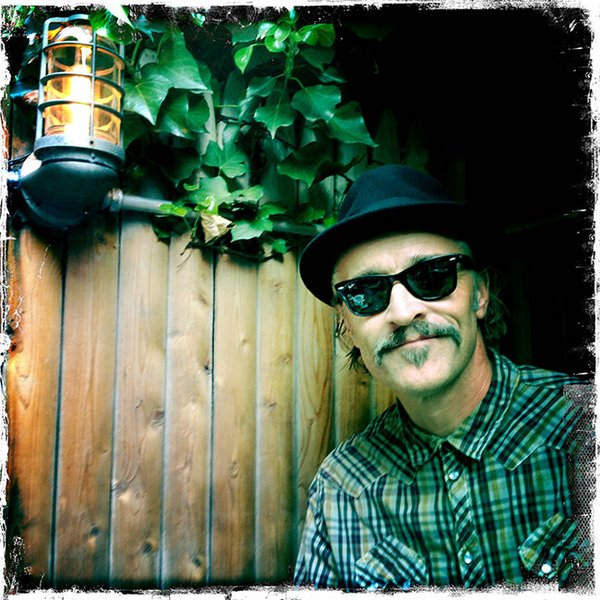MANUFACTURING
Made in LA: Sourcing Companies Boost LA Apparel Production
In a lofty space in the industrial area of downtown Los Angeles, David Perry has a business that is a matchmaker for fashion companies focused on producing clothing in the United States.
Housed in an airy building with high-beamed ceilings, The DSP Group, which stands for “design and development services and production,” can find a factory for a new T-shirt label or determine the right showroom for a budding contemporary brand. Searching for a special kind of fabric? Perry and his crew can locate a mill to help.
“Now that a lot of brands are returning to the U.S. to produce, they do not know the language of production,” Perry said. “You would be surprised at the breadth of existing brands that are moving back to the U.S. that are completely sideswiped because they have forgotten how to do it or they never did it in the first place because their model was based on overseas production.”
That is why The DSP Group is one of a number of fashion-oriented companies getting a boost in business by an increase apparel companies looking for that “Made in USA” edge.
With labor and material costs increasing overseas, brands are recognizing that overall operations can be more cost-effective if made domestically. And speed to market is a primary factor.
When Perry started his company nine years ago, he recognized there were holes in the fashion market and felt that the traditional fashion model was not fitting everyone’s needs.
“I am part of a local economy, and it always seemed counterintuitive to send things somewhere else when it could be done here, with so many factories [locally],” he said.
His full-service company does everything from consulting, branding, marketing and design expertise to concept planning, delivering samples and sales strategy.
DSP currently is designing collections for five companies, some of which are high-end womenswear lines. Another is a Japanese selvage premium-denim line. “We have been committed to domestic design, development and production since our inception,” Perry noted, “long before ‘Made in USA’ became trendy.”
If garments are expected to be delivered within 60 days, Perry can source fabric from a mill, find trim in various places and locate a knit factory or a wash house for denim treatments. “Before you know it, you have a lot of moving parts that we help manage; we are like the in-sourced version of outsourcing,” Perry said.
Helping hand
Jacqueline Dadon, owner and creative director of Los Angeles–based Designer Consulting Co-op, said she, too, finds that professionals in the fashion industry are seeking outside assistance in the apparel and manufacturing industry.
Dadon, who specializes in conceptual design and retail forecasting, helps designers translate their fashion sketches into products and launch their brands. She has four full-time employees and works with contractors around Los Angeles, employing sewers, pattern makers and production facilities.
“I see us like an architectural firm where a designer will have an idea and come to us with a style of a house, for example. We then help design, like an architect would do a blueprint, and we find the right contractors and materials to make sure it’s done correctly,” Dadon said.
It doesn’t come cheap, though. Dadon recommends that designers start with $25,000 in seed money to launch a label.
Dadon, whose father had a denim line years ago, said she noticed that when the recession hit, new life was born for the garment industry. “People were looking for ways to make money. They took their savings and started new businesses, bringing manufacturing and employment back to Los Angeles,” she observed.
Two of her clients made a go of it. Ani Lee womenswear has seen its styles worn by celebrities such as Selena Gomez and Eva Longoria, and Mattison menswear, which was recently featured in GQ magazine, opened a retail store on Melrose Place. l






















